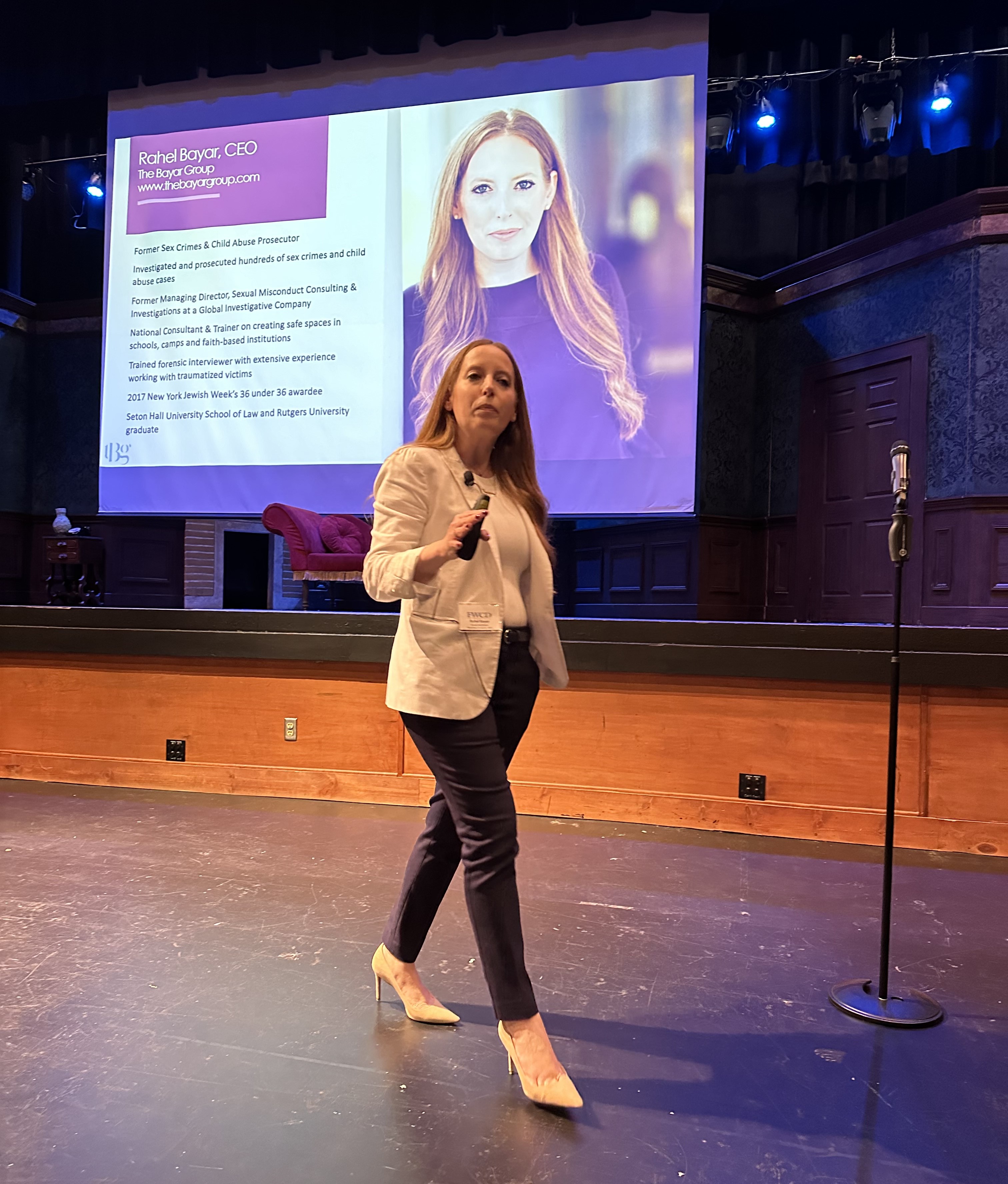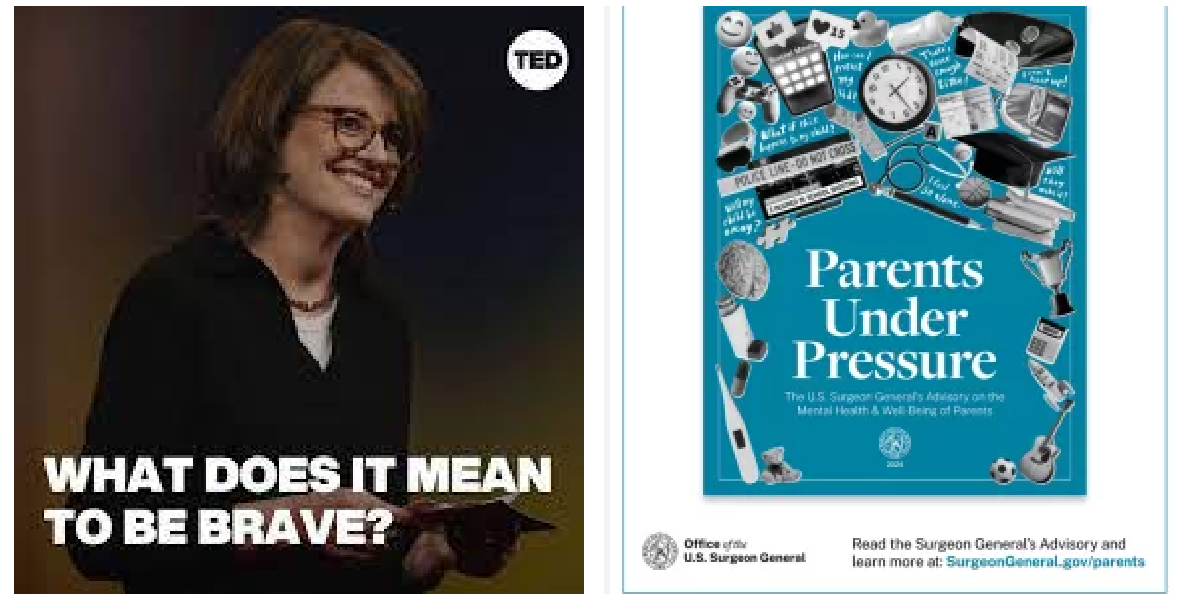Seen, Read, Heard: The Coddling of the American Mind

The Coddling of the American Mind: How Good Intentions and Bad Ideas Are Setting Up a Generation for Failure is an important book. Our faculty and staff had it as one of their summer reading choices this past summer. It accomplishes a favorite goal of mine in a read about education: it provokes.
The authors, Greg Lukianoff and Jonathan Haidt, assert that “adults are doing far more these days to protect children, and their overreach might be having some negative effects.”(13) That’s actually a pretty tame thesis, especially with the word “might” in it. But the greater premise is more powerful: We adults are disabling our children from being able to handle challenges, including the challenge of listening to someone with whom they do not agree.
They dive deeply into three “untruths”:
The Untruth of Fragility: What doesn’t kill you makes you weaker. (14)
The Untruth of Emotional Reasoning: Always trust your feelings. (14)
- They express concern about what they see as a “shift from ‘intent’ to ‘impact’” (43), looking for ill will, focusing on a perceived intention and an impact.
- They cite a University of Chicago President: “Education should not be intended to make people comfortable; it is meant to make them think.” (Hannah Holborn Gray) (50)
The Untruth of Us Versus Them: Life is a battle between good people and evil people. (14)
- The result of this either-or thinking, the authors argue, is people are either “demonized or lionized;” (54) they are put into one box or another: “victim” or “oppressor.” (57)
- “‘So many teens have lost the ability to tolerate distress and uncertainty, and a big reason for that is the way we parent [educate] them.” Kevin Ashworth as quoted in Lukianoff (163).
- “Citizens of democracy don’t suddenly develop this art on their eighteenth birthday.” (191)
- Supreme Court Justice John Roberts’ counsel to his son's fourth grade class “to see the message in your misfortune” is astounding. (193)
- Noting a preponderance of undeserved fears about kidnapping and the like, they charge parents (and educators) to, “Assume that your kids are more capable this month than they were last month.” (237)







%20(1).jpeg)








.png)


